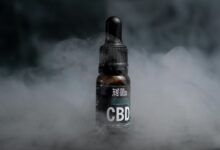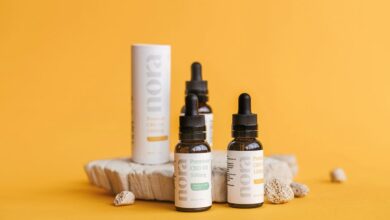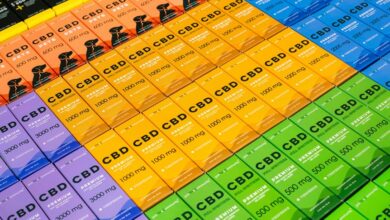How Is Cbd Oil Made

The production of CBD oil involves several critical steps, starting with the cultivation of hemp plants. The choice of genetics and soil quality significantly influences the cannabinoid profiles. After the plants reach maturity, they undergo various harvesting and preparation methods. Following this, extraction methods play a vital role in determining the oil's potency. Understanding these processes reveals much about the final product's quality and safety, prompting further exploration into the intricate details of each stage.
Cultivation of Hemp Plants
The cultivation of hemp plants is a critical step in the production of CBD oil, as the quality and composition of the hemp directly influence the efficacy of the final product.
Key factors include hemp genetics, which determine cannabinoid profiles, and soil quality, essential for nutrient absorption.
Optimal conditions foster robust growth, ultimately leading to a higher concentration of beneficial compounds in the harvested hemp.
Harvesting and Preparation
Once the hemp plants reach maturity, harvesting and preparation become vital stages in the CBD oil production process.
Employing various harvesting techniques, such as hand-picking or mechanical methods, ensures optimal yield.
Following harvest, plant preparation includes drying and trimming to enhance cannabinoid concentration.
This meticulous process is essential for preserving the integrity of the hemp, ultimately impacting the quality of the resulting CBD oil.
Extraction Methods
Extraction methods play a crucial role in determining the quality and potency of CBD oil.
CO2 extraction is favored for its efficiency and ability to preserve cannabinoids and terpenes, resulting in a cleaner product.
In contrast, solvent extraction utilizes alcohol or hydrocarbons, which can introduce impurities.
Each method significantly influences the final product's attributes, making the choice of extraction vital for consumers seeking purity and effectiveness.
Refinement and Testing
After extraction, the refinement process is essential for enhancing the purity and quality of CBD oil.
This stage involves multiple techniques, including distillation and chromatography, to ensure thorough purification.
Rigorous purity assessments are conducted to verify the absence of contaminants, while quality control protocols maintain consistency in potency and composition.
These measures are crucial for delivering a reliable product that meets consumer expectations and safety standards.
Conclusion
In summary, the production of CBD oil is a complex journey akin to crafting a fine wine, where each step—from the cultivation of hemp to the final testing—plays a vital role in the overall quality of the product. The meticulous processes involved ensure that consumers receive a potent and pure oil, reflecting the care and precision invested at every stage. As the demand for CBD oil continues to grow, understanding its production is essential for informed consumer choices.





